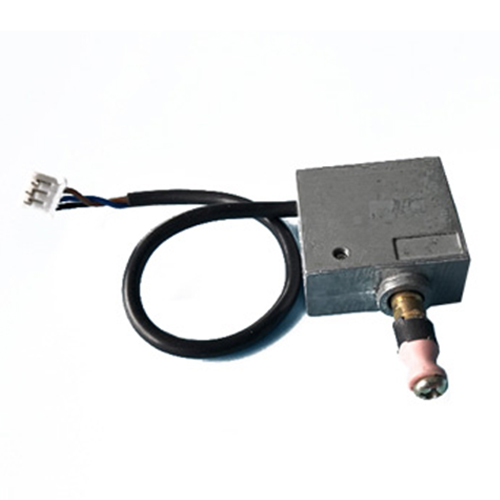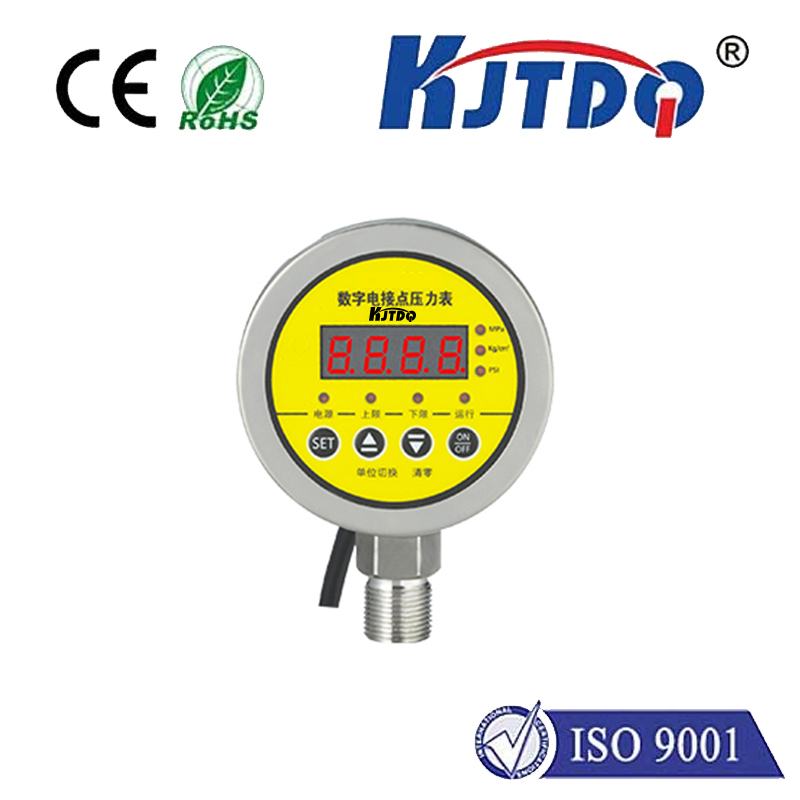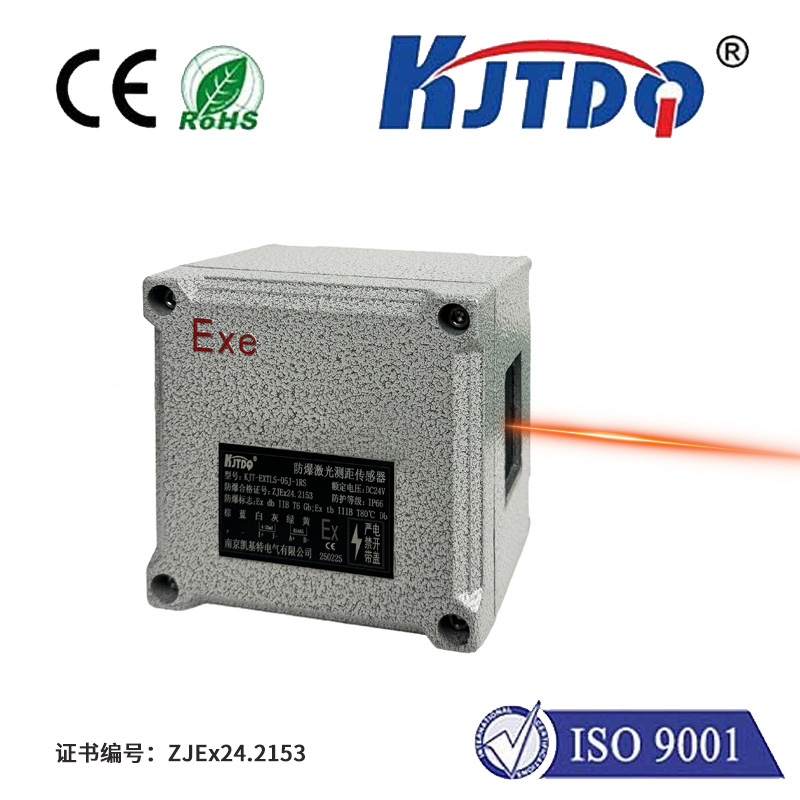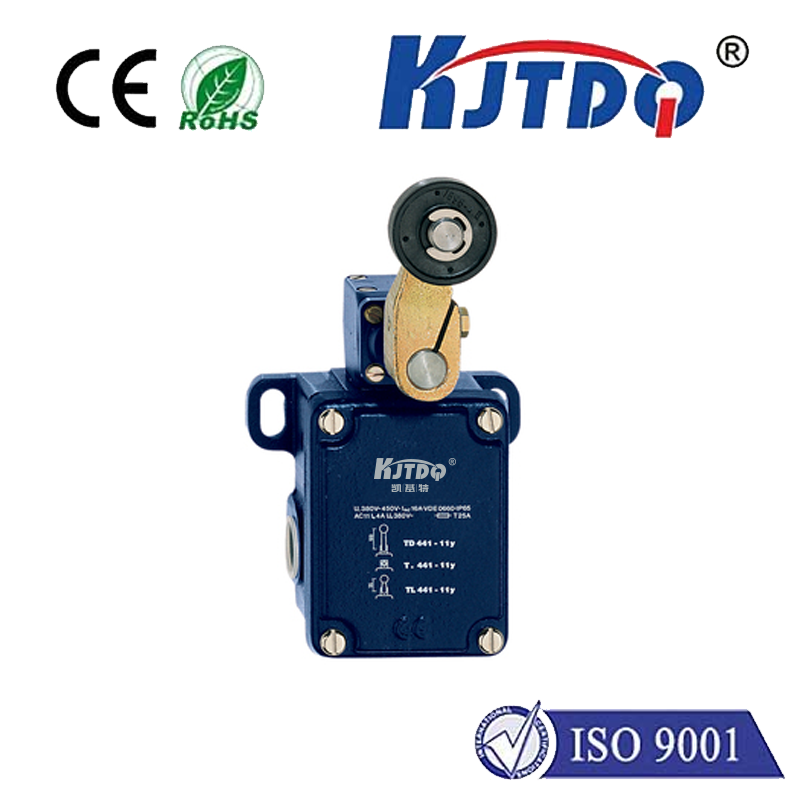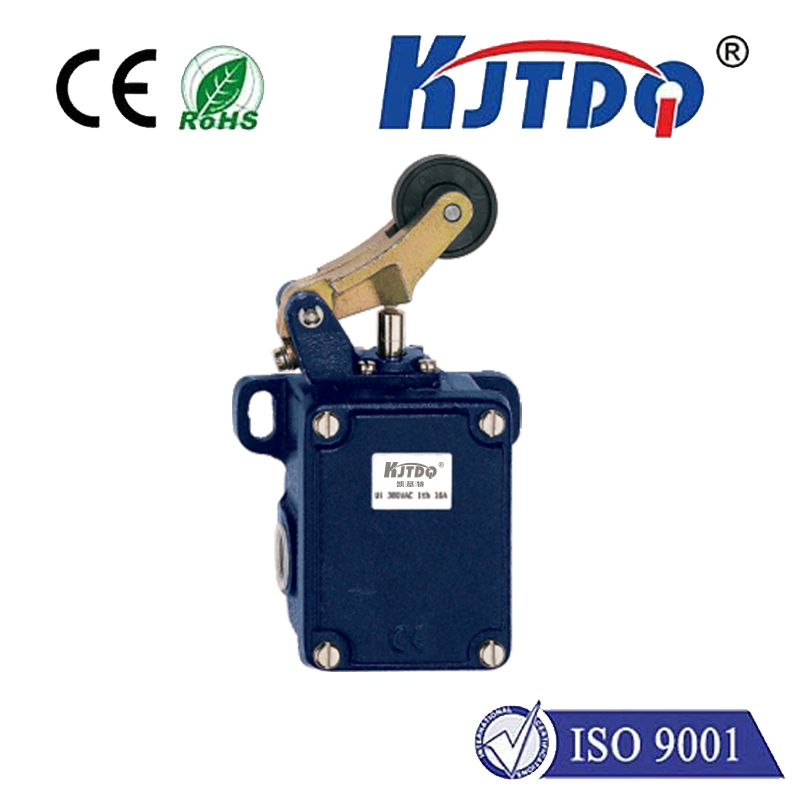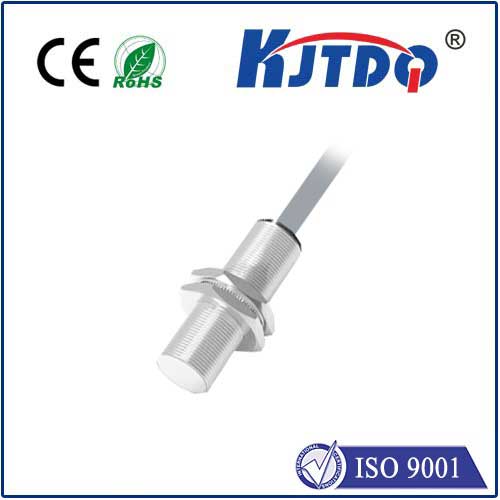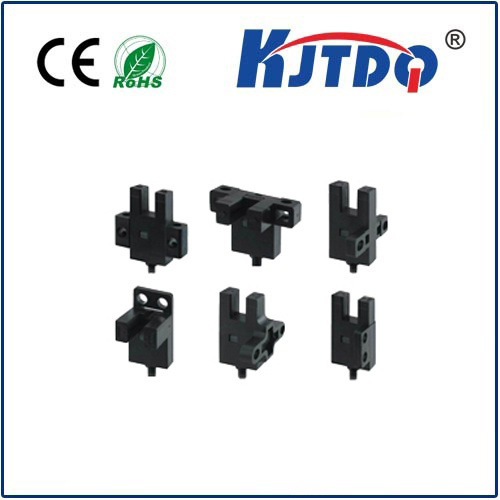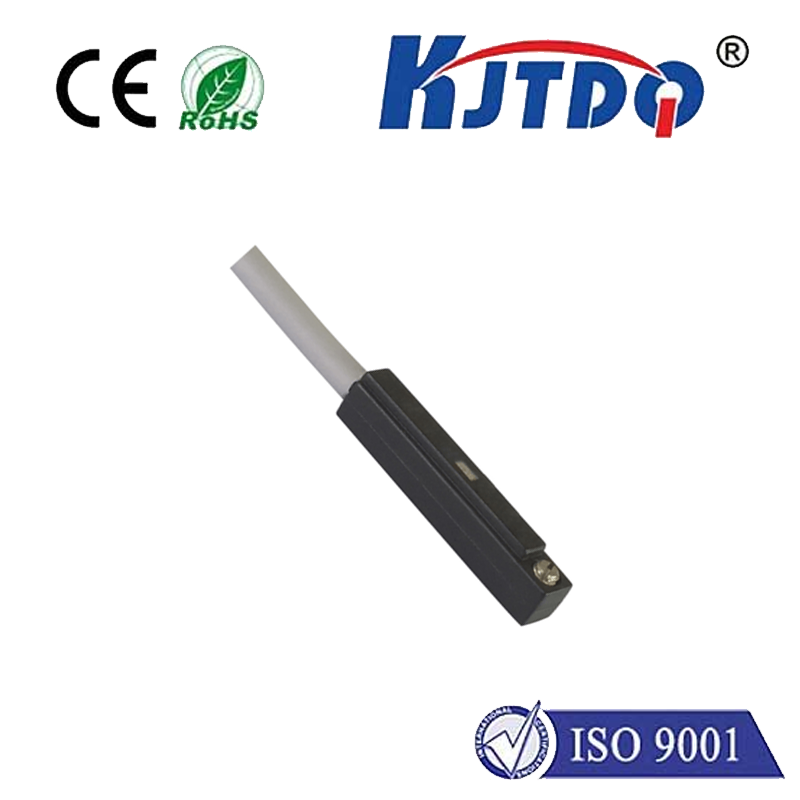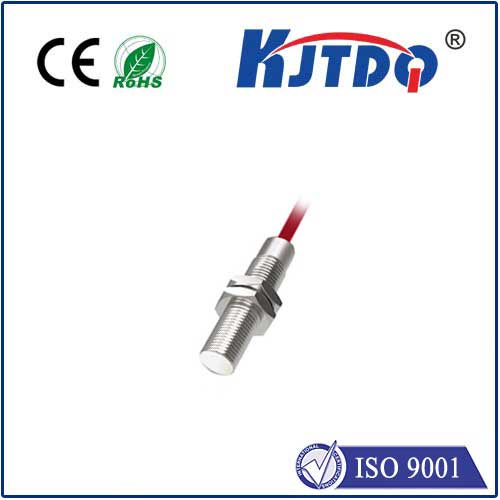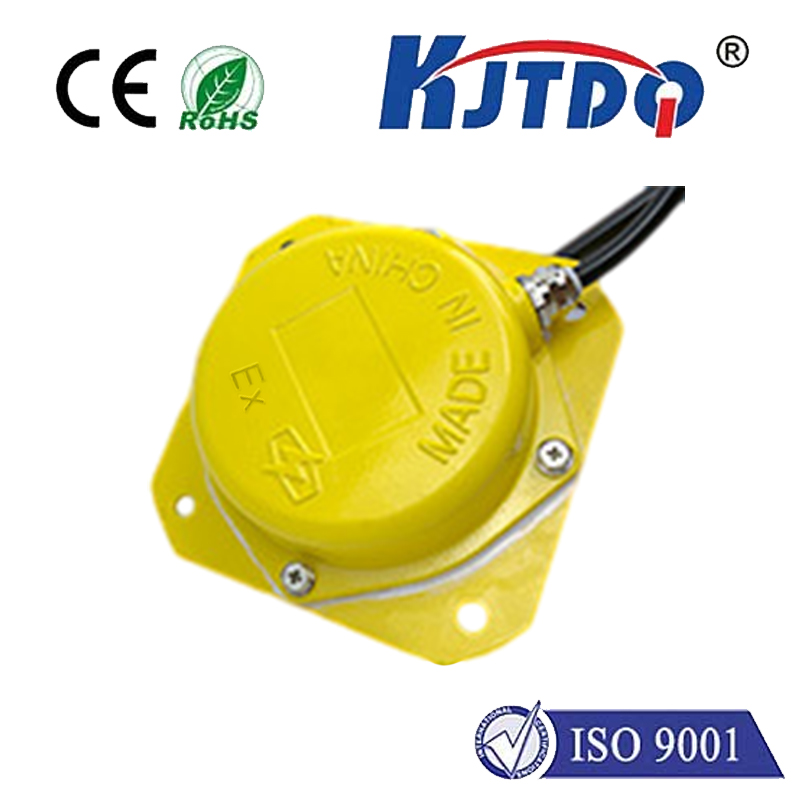

check

check

check

check

check

check

check

check

check

check
Title: "Revolutionizing Measurement Technologies: Unleashing the Power of Laser Measurement Sensors"
In today's world, precision and accuracy are paramount in various industries. From manufacturing to healthcare, businesses rely on cutting-edge technologies to ensure their products and services meet high standards. Among these advanced technologies is the laser measurement sensor, a game-changer that has transformed the way we measure and analyze physical phenomena. This article aims to explore the capabilities of laser measurement sensors and their impact on various sectors.
The Rise of Laser Measurement Sensors
Laser measurement sensors use laser light as a tool to detect, measure, and record physical parameters such as distance, speed, time, and position. These advanced sensors leverage the power of laser technology to provide highly accurate and reliable measurements in real-time. Their versatility makes them suitable for a wide range of applications, from industrial automation to scientific research.
Key Characteristics of Laser Measurement Sensors
The following are some key characteristics that set laser measurement sensors apart from traditional测量设备:
1. High Accuracy: Laser sensors can achieve resolutions several times higher than other types of sensors. They work by transmitting laser light through a narrow beam and analyzing the changes in the refractive index caused by the object being measured. This enables them to measure distances with remarkable precision, down to the micron level.
2. Non-Contact Measurements: Unlike traditional contact sensors, laser measurement sensors do not require physical contact with the object being measured. This makes them ideal for applications where there is a risk of contamination or damage to the object, such as in medical devices or food production processes.
3. Dynamic Range: Laser sensors can measure objects with a wide range of sizes and shapes, from tiny particles to large vehicles. They also have a dynamic range that allows them to detect differences in intensity as small as百分之一到百分之五之间。
4. Rapid Response Time: Laser sensors can respond quickly to changes in the environment or object being measured, providing real-time data that can be used for rapid decision-making. They are particularly useful in applications where time is of the essence, such as in robotics or autonomous driving.
Applications of Laser Measurement Sensors
Laser measurement sensors have numerous applications across various industries, including:
1. Manufacturing: Laser sensors can be used to measure the length, angle, and position of components during assembly processes, ensuring that they are aligned correctly and reducing the risk of errors. They can also monitor production lines to identify bottlenecks and optimize workflows.
2. Automotive Industry: In the automotive industry, laser sensors are used to measure distances between vehicles, track the movement of pedestrians and cyclists, and enhance safety features such as lane departure warnings and automatic emergency braking systems.
3. Healthcare: Laser sensors are used in medical imaging to measure the size and location of tumors, assist in surgical procedures, and monitor patient vital signs in real-time.
4. Aerospace: In space exploration, laser sensors are used to measure distances between celestial objects, navigate spacecraft, and support remote sensing missions.
The Future of Laser Measurement Sensors
As technology continues to advance, the potential applications for laser measurement sensors are virtually limitless. Some areas where they may see significant growth include:
1. Smart Cities:激光传感器可以与物联网(IoT)设备相结合,用于实时监测城市环境数据,如空气质量、噪音水平和交通状况。这将有助于提高城市的可持续性和居民的生活质量。
2. Environmental Monitoring:激光传感器可以用于监测大气污染、水质和土壤质量等环境指标,帮助政府和企业采取措施保护环境和人类健康。
